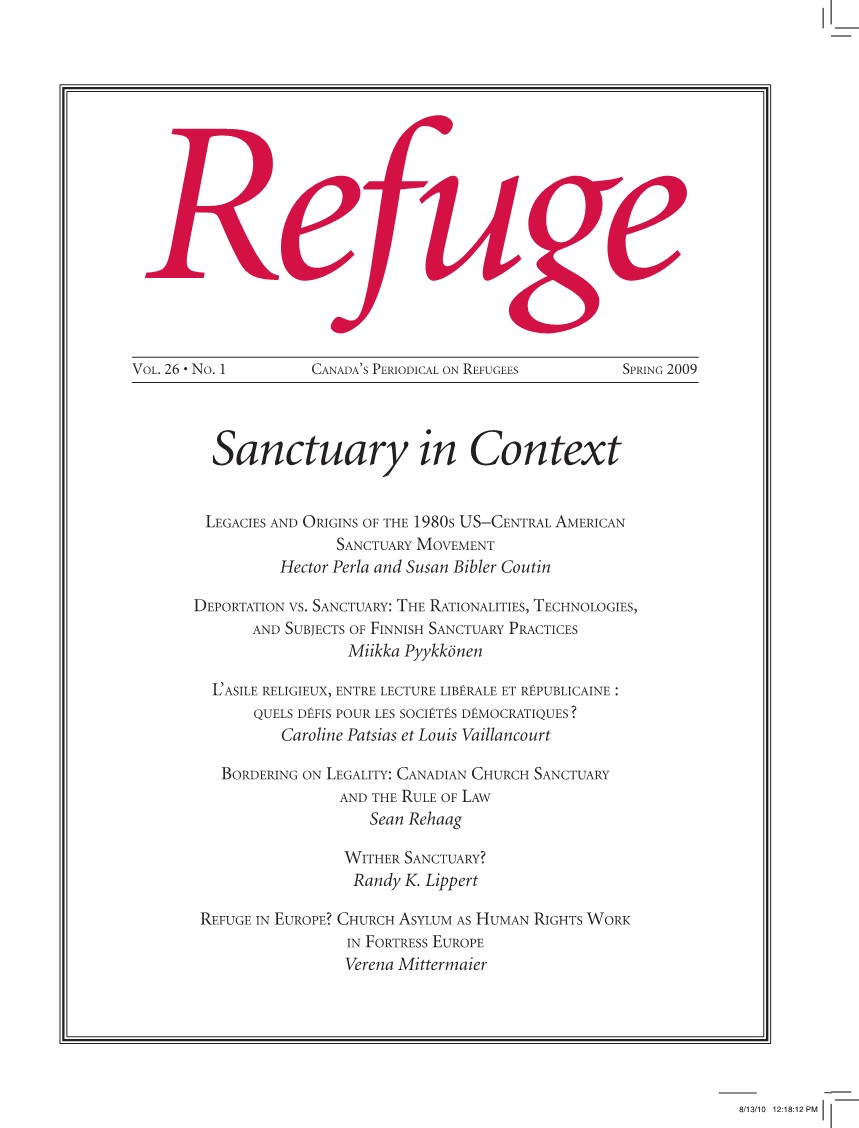Good Material: Canada and the Prague Spring Refugees
DOI:
https://doi.org/10.25071/1920-7336.30618Keywords:
Canada, Czech refugees, Prague Spring refugees, special program, agencyAbstract
In August 1968, the Soviet Union sent troops into Czechoslovakia to crush the burgeoning spirit of reform known as the “Prague Spring”. The Soviet invasion and the return of oppressive government measures triggered the flight of twenty-seven thousand people, eleven thousand of whom came to Canada. Using newly released archival records, this paper explores how the Canadian government approached the refugee crisis and argues that confident officials, buoyed by a charismatic leader and operating in an era of improved East-West relations, manipulated the conventional definition of a refugee and consciously adopted policies that enabled large numbers of Czechoslovakian refugees to resettle in Canada.
Metrics
Downloads
Published
How to Cite
Issue
Section
License
Copyright (c) 2010 Laura Madokoro

This work is licensed under a Creative Commons Attribution-NonCommercial 4.0 International License.
Refuge authors retain the copyright over their work, and license it to the general public under the Creative Commons Attribution-Non Commercial License International (CC BY-NC 4.0). This license allows for non-commercial use, reproduction and adaption of the material in any medium or format, with proper attribution. For general information on Creative Commons licences, visit the Creative Commons site. For the CC BY-NC 4.0 license, review the human readable summary.







